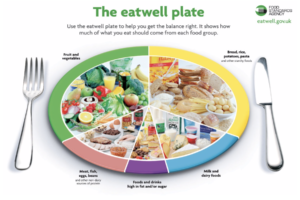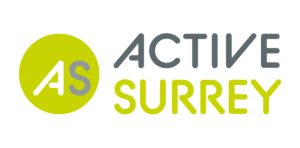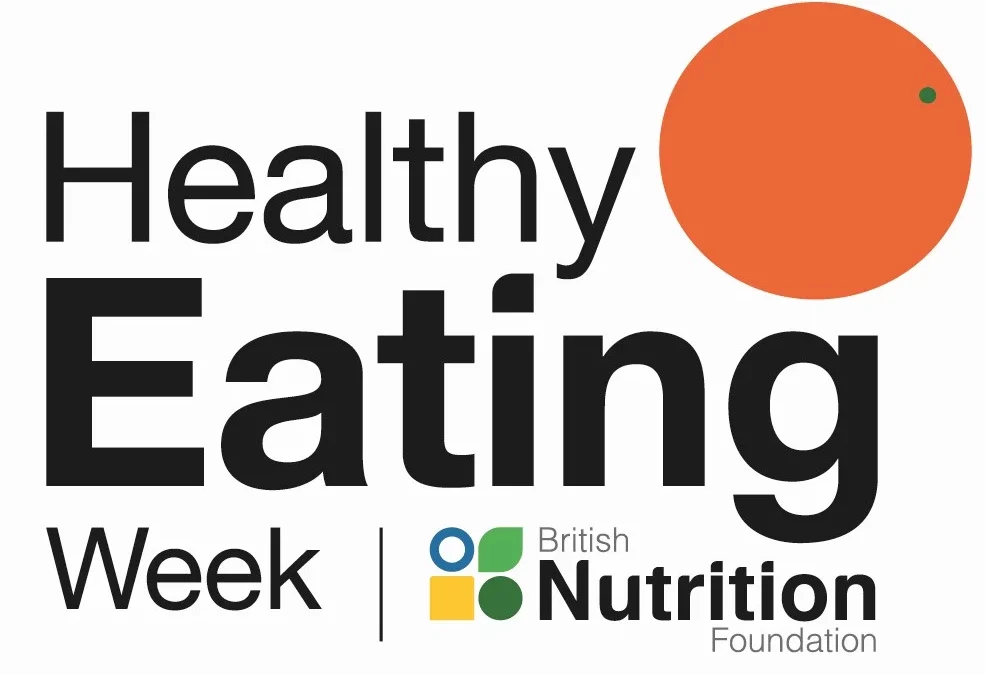Healthy Eating Week takes place from 10 to14 June and this year the theme is ‘Give it a go’. The week encourages us all to try something new, increase our fruit and vegetable’s. add some extra activity or maybe try cooking. It focuses on five key themes which are:
- Get at least 5 A DAY
- Stay hydrated
- Move more
- Focus on fibre
- Reduce food waste
So let’s have a look at them and see how they can support us to lead healthier lives.
Why not have a look at the British Nutrition Foundation website
Get at least 5 A DAY
So let’s start at the basics, after all knowledge is power.
- Follow a balanced healthy diet. The easiest way to do this is to base your food intake on the Eatwell guide, having a varied diet in the proportions shown will ensure you get all the nutrients your body needs to grow and function.

Top tips for healthy eating
- Get your 5 A DAY – and try and eat a rainbow of colours. Fruit and vegetables provide a range of different vitamins and minerals needed for health, as well as fibre which is important for the digestive system and can help reduce the risk of developing heart disease, stroke, type 2 diabetes and bowel cancer in adulthood.
Stay hydrated
Water is so important for our health as it keeps us hydrated as well as helping us use the energy from our foods and replacing the water our bodies are using all the time. Watch the clip from BBC bitesize for information about water in our bodies.
How much water should we drink?
NHS guidelines advise drinking around six to eight glasses a day.
Our bodies lose more water than usual if we are very active or when the weather is particularly warm, because we sweat more.
Before, during and after exercise we benefit from drinking water and eating foods with a high water content. This helps us to perform better and keeps replacing the water lost. Athletes need to stay hydrated to get the most out of their bodies.
Move more
It’s not just what you eat but how much you move that will help you stay healthy. Have a look at our exercise page for more information
You can also visit Active Surrey website to find out what activities are available in your local area

Focus on fibre
It is important we have fibre in diet as it reduces the risks of health problems such as heart disease, stroke and bowel problems. Between the ages of 11-16 years old we should be eating 25g of fibre a day. According to the NHS the average teen is having about 16g of fibre a day so its important we find ways to increase the amount of fibre we eat.
To increase your fibre intake you could:
- Choose a higher-fibre breakfast cereal such as as Weetabix or porridge
- Go for wholemeal or granary breads and wholewheat pasta, bulgur wheat or brown rice.
- Go for potatoes with their skins on, such as a baked potato or boiled new potatoes.
- Add pulses like beans, lentils or chickpeas to stews, curries and salads.
- Increase the amount of vegetables you eat
- For snacks, try fresh fruit, vegetable sticks or oatcakes
for more information on why fibre is important and ways to increase fibre visit the NHS webiste
Reduce food waste
Every day we are throwing away tonnes of food that is safe to eat. This is not good for the environment. Lots of food is wasted because:
- We buy more than we need
- We cook too much food than we can eat
- we forget to use food before it goes out of date
- we do not store food correctly
Why visit BBC Bitesize to find out more about food waste, watch the short video and take the quiz
We hope you found this blog helpful and if you would like to talk to the school nurses about your health or support in making some healthier choices you can contact us through Chat health



Recent Comments